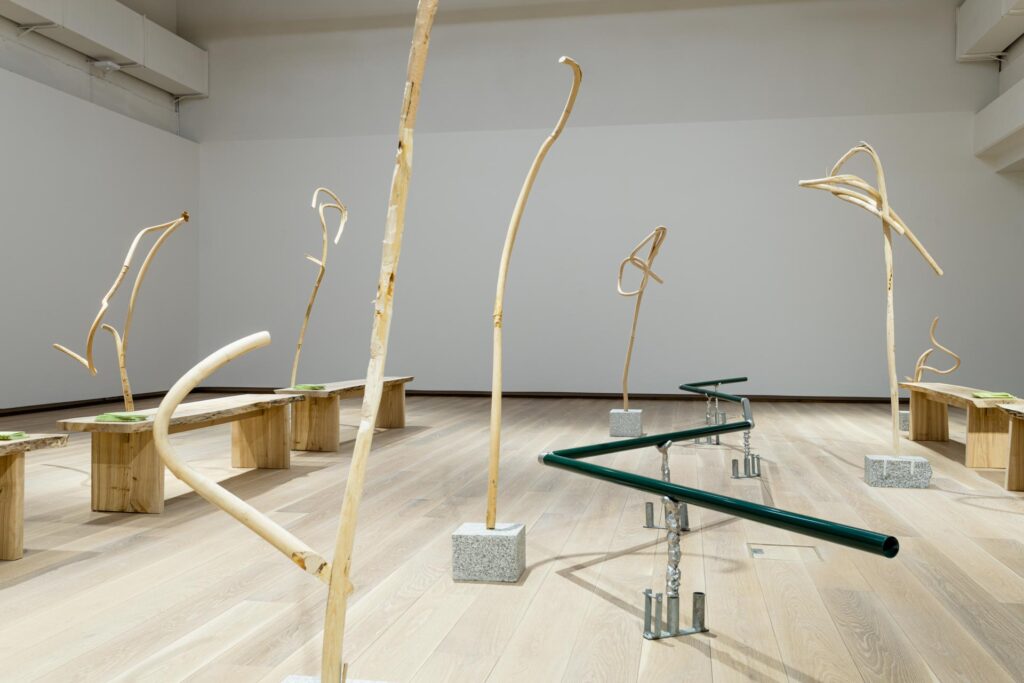Art + research: Performative Power of Language
A conversation on the relationship between language, power and identity formation and the role of political language in the shaping of ideologies.
This conversation is an online event that will be live streamed on Accelerator’s Facebook page. The event lasts approximately 60 mins, it is recorded and will be available in Accelerator’s podcast and YouTube channel.
Artist Makda Embaie, whose practice explores how language relates to national identity, in conversation with the linguists Charlotta Seiler Brylla and Laura Álvarez López, who, from their respective fields, will share their perspectives on the subject. The conversation will reflect on the origin of language and on how people in a multilingual diaspora context relate to their various languages. Upon which historical, social and personal events are languages constructed? How can a language be violent and what are the characteristics of a totalitarian language?
Participants:
Laura Álvarez López is Professor of Portuguese at the Department of Romance Studies and Classics, Stockholm University. Her field of research is centred on language change in multilingual environments, in which intense contact situations usually mean that languages change quicker and more radically than in contexts where speakers do not live side by side. In particular, she has analysed how generations of enslaved Africans, who spoke different languages – and their children and grandchildren – have influenced the vocabulary and grammar of Brazilian Portuguese. In addition, her research highlights the development of Portuguese and its place in contemporary Africa, in particular Angola and Mozambique.
Makda Embaie is an artist whose work is primarily focused on the national state and language. She is a final-year BA student at Konstfack, University of Arts, Crafts and Design in Stockholm, having previously studied at the Royal Institute of Art, Stockholm and the Biskops-Arnö Creative Writing School. Her work has been presented at, among others, CFF – The Centre for Photography, Konsthall C, and the Stockholm Museum of Women’s History. In January 2020, exploring the conditions for the emergence of language, she presented her sound and text installation “Vad vore språk om det uppstod här” (“What would language be if it emerged here?”) in an apartment in Tensta, Stockholm.
Charlotta Seiler Brylla has worked at Stockholm University since 2009. She is Professor of German at the Department of Slavic and Baltic Studies, Finnish, Dutch and German. In her research, she has investigated totalitarian languages in Nazi Germany and the GDR, as well as the political communications of green parties, populistic discourse and the Sweden-German relationship. She is particularly interested in the connection between language, society and power, exploring historical, social and political phenomena through linguistic concept, text and discourse analyses.
The conversation is moderated by Therese Kellner, curator at Accelerator.

